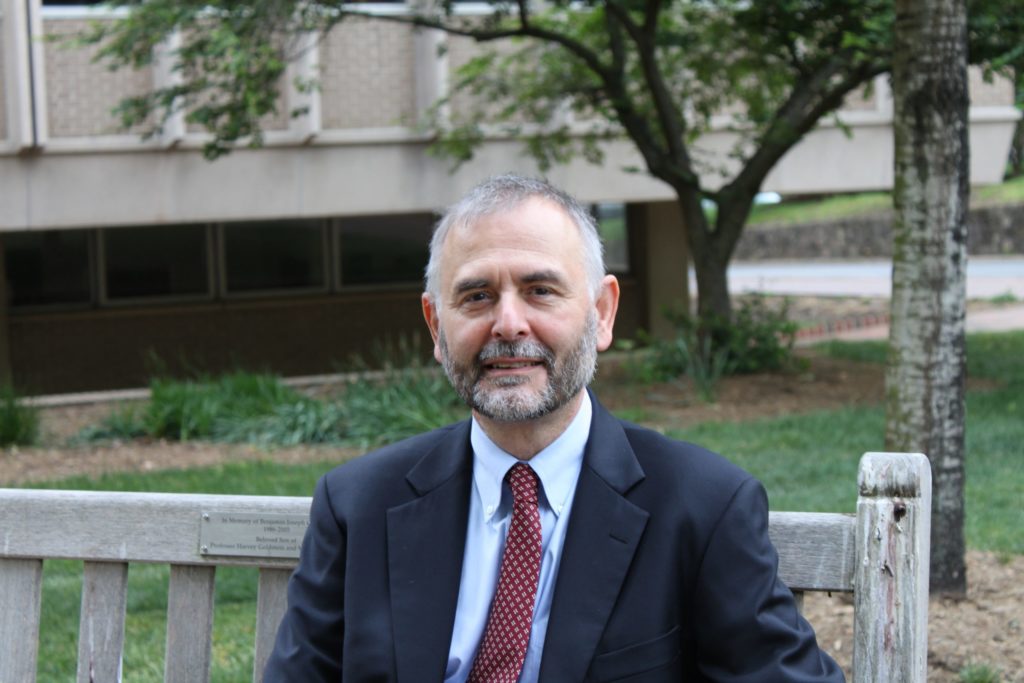
In late June, the UNC American Indian Center hosted 43 rising high school American Indian seniors from 11 different native nations to learn about the college application process through Carolina Horizons.
In its first year, Carolina Horizons is designed to promote higher education and prepare American Indian high school students for the college application process, through a culturally relevant lens.
The theme for the program is “culture matters.” Director of the UNC American Indian Center Amy Hertel emphasized how culture can serve as a source of strength to help Native students navigate college successfully and be resilient in the face of challenges.
“American Indians are place-based people,” she said. “Often, higher education takes us out of the places where we experience the greatest strength and support. In general, we experience the world differently from mainstream society.”
Students participating in Carolina Horizons represented eight tribes from North Carolina and the midwest.
During their stay on campus, the students heard from current Native students and recent Native alumni about their college experiences. College Horizons students were also given the opportunity to live in a dorm, eat in the dining hall and navigate their way around campus.
Topics discussed included college admittance exam preparation, essay writing techniques, professional communication skills and financial preparation. The students also began writing their common application essays and received personalized feedback during Carolina Horizons.
Students were also able to engage with admissions officers and representatives from six other institutions to inform the students on the college selection process. Participating institutions included the University of North Carolina at Chapel Hill, North Carolina State University, UNC Pembroke, East Carolina University, UNC Greensboro and Appalachian State University.
Counselors hosted talking circles with students nightly to share their experiences. Kaya Littleturtle of the Lumbee Nation introduced the students to traditional song and dance and discussed important aspects of southeast American Indian culture.
When asked about College Horizons, participants said they liked the experience because they were able to meet other American Indians who cared about college in a cultural manner.
“We are communal people valuing relationships, community, and reciprocity,” Hertel said. “Our citizenship and identity is linked to being both a citizen of the United States as well as to our native nations, which carries great responsibilities. Further, we see the world in a relational holistic manner. Often, the college experience is based on individual accomplishments and successes. Being able to understand and appreciate these differences will equip native students as they work to navigate between the two worlds.”
By the UNC American Indian Center.


